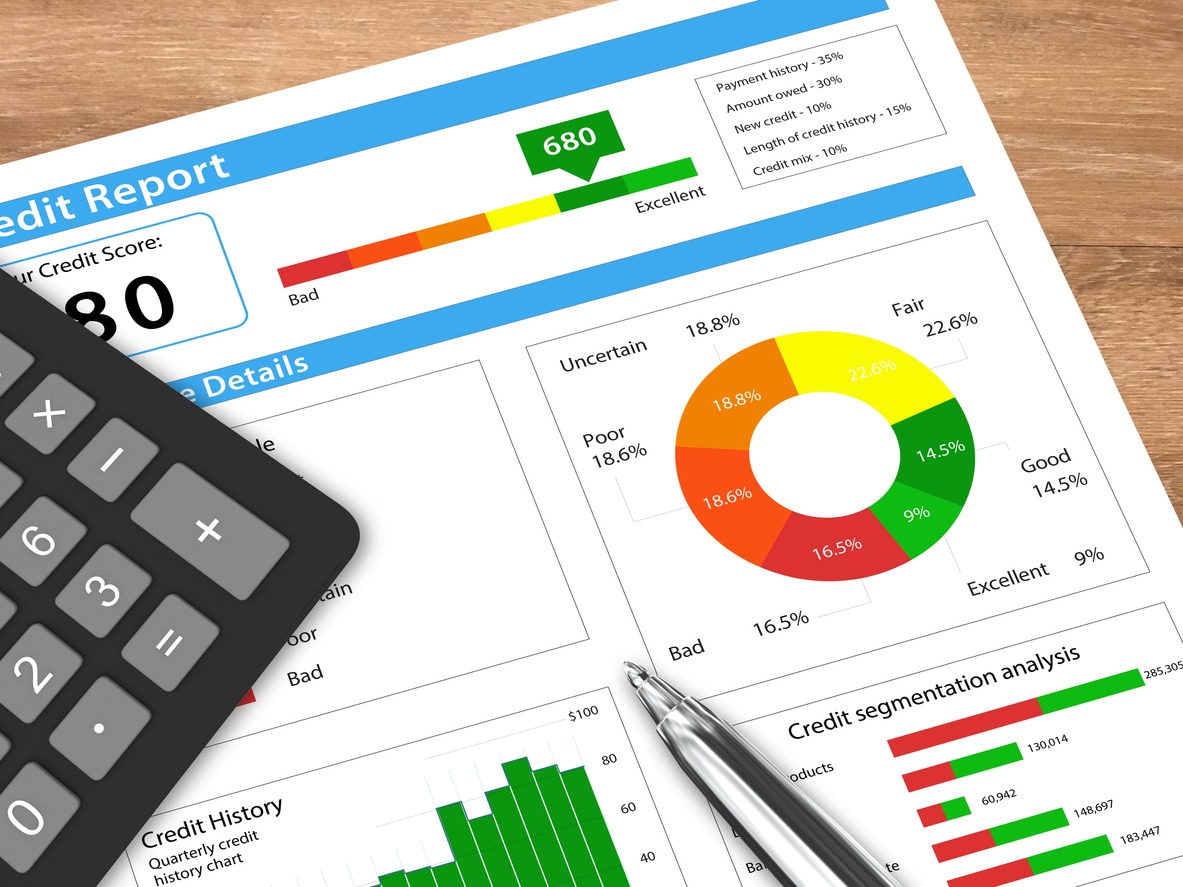Your credit score can impact your loan-taking ability and make it difficult to deal with emergencies.
You can get credit with lower interest rates when you have a good credit score. Lenders will consider you trustworthy when you have a good credit score and can get a loan without difficulties. Hence, you can maintain your credit score with regular repayments. However, many do not know what impacts credit rating. We will discuss it in the following, and you can go through it to be aware of the considerations and ways to improve the condition to avoid possible debt consolidation.
Your repayment history, type of credit accounts, available credit, and length of credit history are a few determinations for your credit score. Major credit bureaus determine and show your credit score, and all the lenders share the credit information. Also, the credit scoring models of credit bureaus are not the same, and lenders consider different credit ratings while providing debts.
Many impact their credit scores adversely due to irregular payments, and some consider debt consolidation to deal with financial hardship. However, if your credit score is poor, it might not be easy to get loans. Now, we will cover the factors that determine your credit rating.
Factors That Determine Credit Rating
- Payment history
- The types of credit
- The number of accounts
- The length of credit history
- Used credit vs. available credit
All these factors will decide your credit rating. Credit bureaus will rate you high when you have a positive repayment history. However, the implications will be unfavourable when you have not paid your debts responsibly. Will will discuss all these considerations in the following.
Payment History
When considering a debt, first, the lender will check your loan repaying ability. The lender will check your payment history to know how regular you are about the payments.
When it comes to payment history, it will include your credit cards, home loan, auto loan, mortgage loan, student loans, and other debts. It will reflect on your credit score if you are irregular about the payment. Irregularity might impact your credit score and loan-taking ability.
The payment history will reflect late payments and missed payments. The credit scoring models consider all these factors while deciding your credit score. Besides, it will include wage attachments, foreclosures, and bankruptcies to give an exact idea about your current financial status. The payment history will play a determining role in your credit rating.
Type of Credits
When it comes to the type of credit, it includes different credit accounts, including instalment loans and credit cards. Your home loans, mortgage, student loans, auto loans, or personal loans will play a role. The lenders and credit bureaus will see how you manage different accounts and credits and rate you accordingly. Besides, new credits will play a role in determining your credit rating. The recent credits will impact the length of the credit history and might affect you adversely when you have a poor repayment history.
The Number of Accounts
The credit bureaus will check the type of accounts you have and their status. The report will mention which ones are regular and which are not. When you have ten accounts and seven of them are irregular about repayment, it will influence your credit rating. Also, it will cover debt consolidation and new debts. However, you can expect a positive outcome when all the accounts follow regular repayments. The delayed and missed payments will have a negative impact.
Length of Credit History
The length of credit history, including different active credit accounts, is another consideration in credit rating. Credit bureaus might calculate the history of your oldest and the most recent credits. The objective is to know how regular you are about repaying your debts.
Used Credit vs. Available Credit
Another considering factor that credit bureaus and lenders go through is your available credit and used credit. Lenders will find you trustworthy when you repay your credits on time. However, they might not consider your loan application if you are irregular in payments.
Leading credit bureaus follow different models when it comes to credit rating. However, your payment history will play a determining role in every model. When your objective is to improve your credit score, make regular payments and avoid taking new credits. You might not improve your credit score overnight, but you can make a difference by repaying your debts responsibly.
